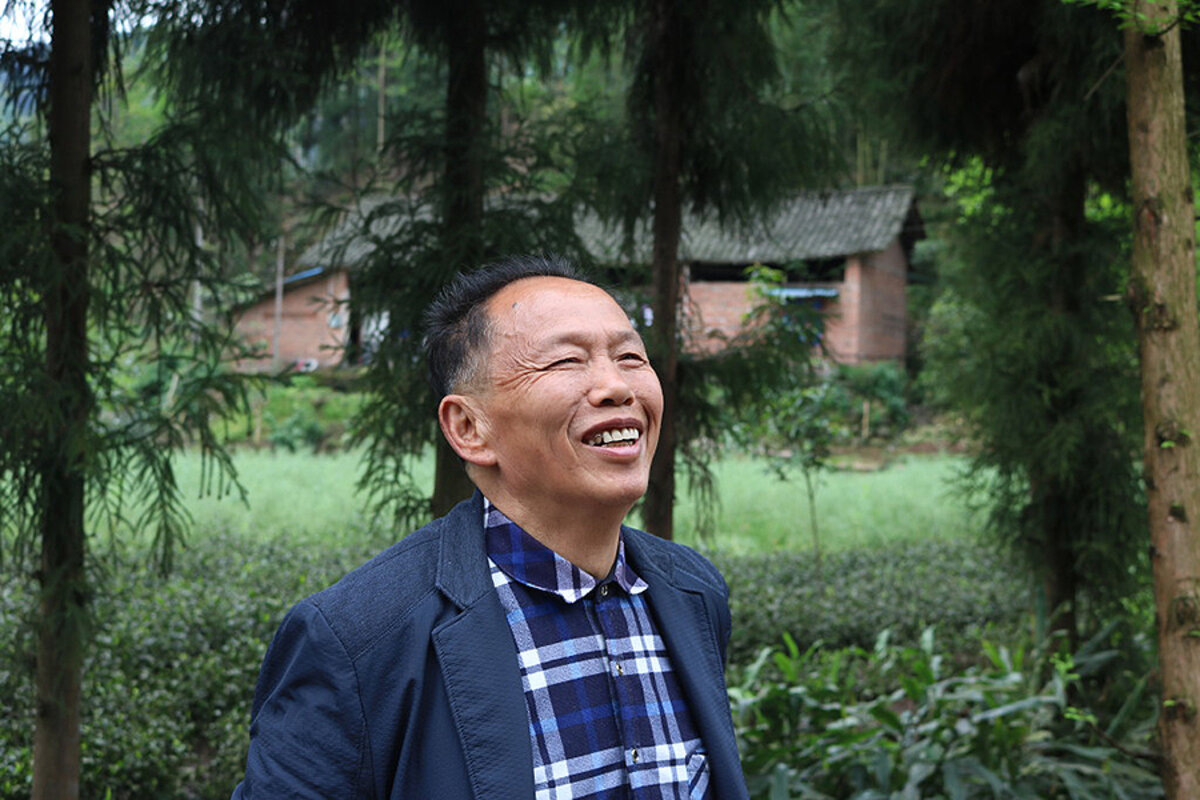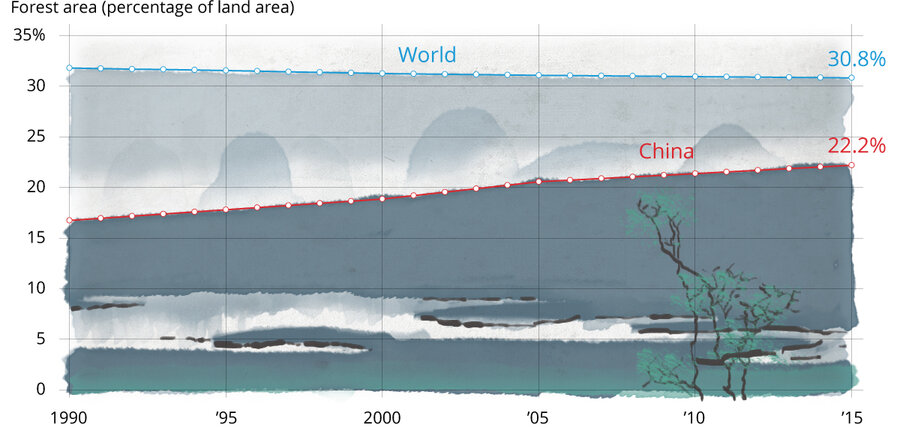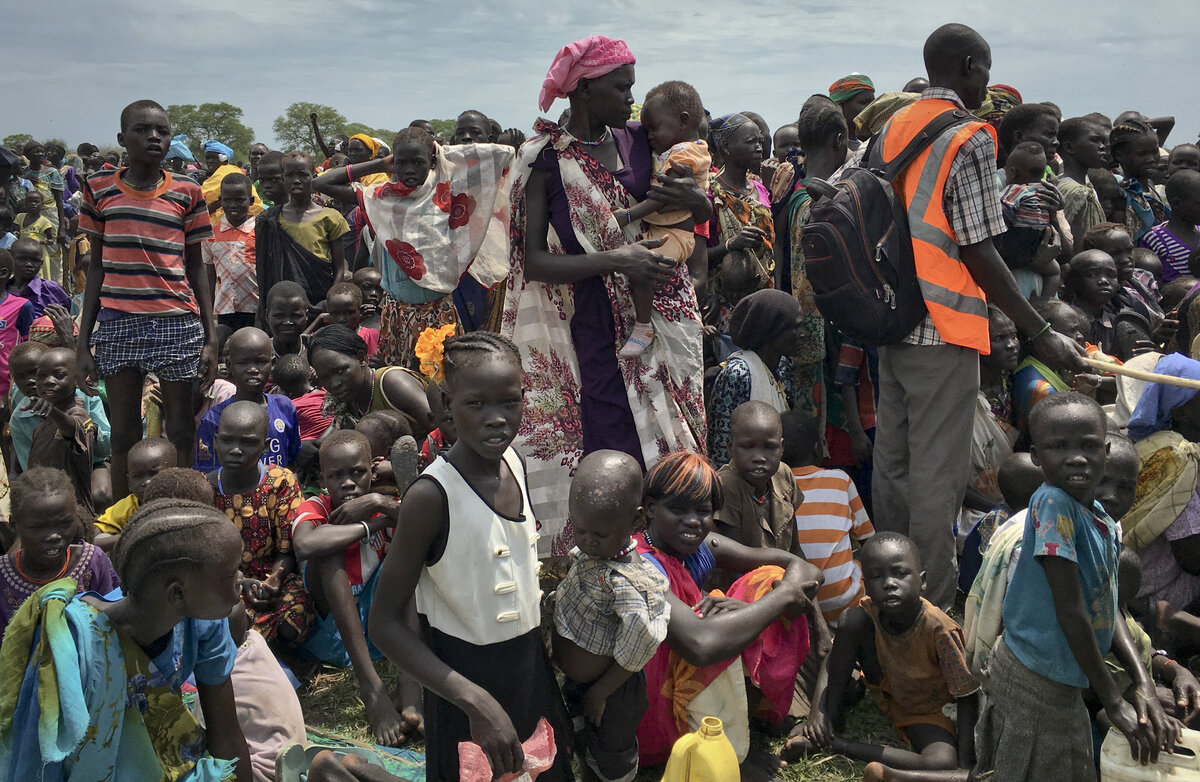Would lowering the wall of separation of church and state help religious groups that feel they're losing ground? Legal victories for religious liberty could yield unintended consequences.
Monitor Daily Podcast
- Follow us:
- Apple Podcasts
- Spotify
- RSS Feed
- Download
 Amelia Newcomb
Amelia Newcomb
It’s important to speak up.
We were reminded of that this week when China moved Nobel Peace Prize winner Liu Xiaobo, who is seriously ill, from prison to a hospital.
Mr. Liu has been an enduring voice for democratic reform – first, during the Tiananmen Square protests of 1989, and later as a contributor to Charter 08, a 2008 petition for political liberalization. His participation landed him in prison in 2009 with the longest sentence ever meted out for “inciting subversion of state power.” He was barred from accepting his 2010 Nobel, and his wife and brother-in-law have both suffered retribution from the state.
President Xi Jinping has little appetite for dissent, a distaste that was further underscored today when his government strengthened legal grounds for state surveillance and monitoring. And China’s economic clout has blunted many nations’ eagerness to engage it on human rights. The US ambassador to China, however, did urge Beijing to let Liu seek medical care "elsewhere."
Liu, for his part, sets a high standard for valuing ideals above all. “Hatred can rot away at a person’s intelligence and conscience,” he said at his 2009 trial. “I hope to be able to transcend my personal experiences ... to counter the regime’s hostility with utmost goodwill, and to dispel hatred with love.”











